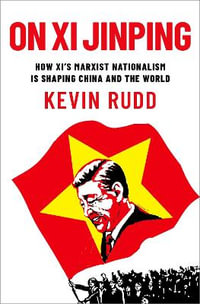
Diplomatic Law
Commentary on the Vienna Convention on Diplomatic Relations
By: Eileen Denza
Paperback | 15 February 2018 | Edition Number 4
At a Glance
Paperback
$197.75
Ships in 10 to 15 business days
ISBN: 9780198825654
ISBN-10: 019882565X
Series: Oxford Commentaries on International Law
Published: 15th February 2018
Format: Paperback
Language: English
Number of Pages: 472
Audience: Professional and Scholarly
Publisher: Oxford University Press UK
Country of Publication: GB
Edition Number: 4
Edition Type: Revised
Dimensions (cm): 28 x 15.5 x 2.5
Weight (kg): 0.84
Shipping
| Standard Shipping | Express Shipping | |
|---|---|---|
| Metro postcodes: | $9.99 | $14.95 |
| Regional postcodes: | $9.99 | $14.95 |
| Rural postcodes: | $9.99 | $14.95 |
Orders over $79.00 qualify for free shipping.
How to return your order
At Booktopia, we offer hassle-free returns in accordance with our returns policy. If you wish to return an item, please get in touch with Booktopia Customer Care.
Additional postage charges may be applicable.
Defective items
If there is a problem with any of the items received for your order then the Booktopia Customer Care team is ready to assist you.
For more info please visit our Help Centre.
























